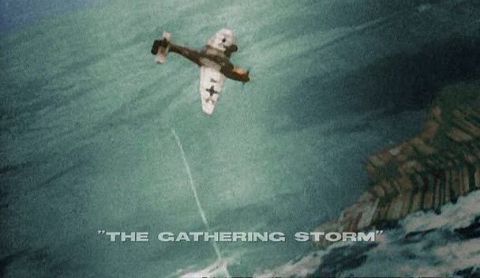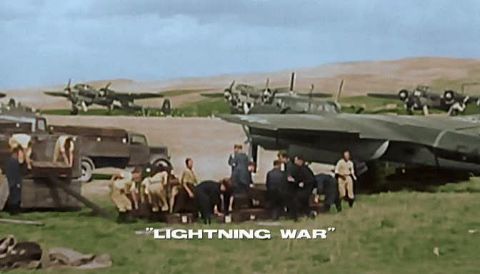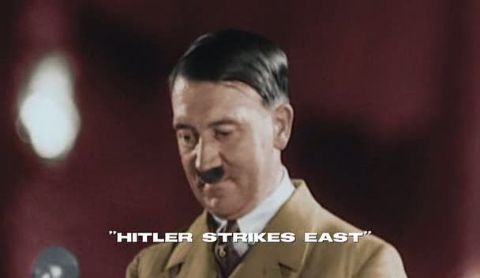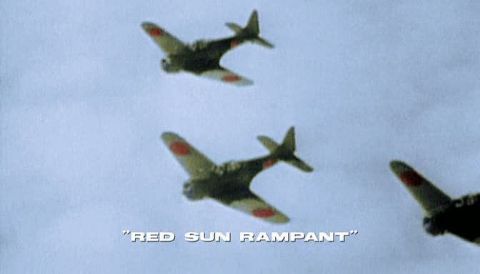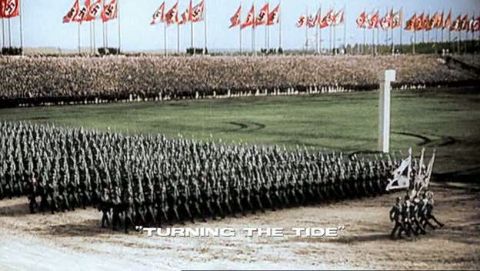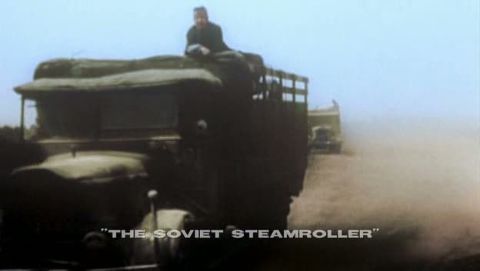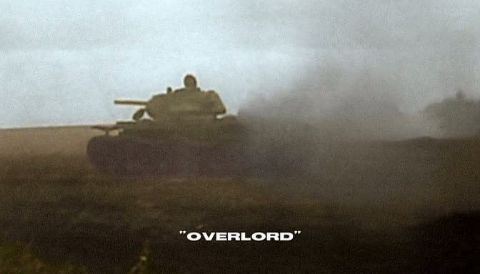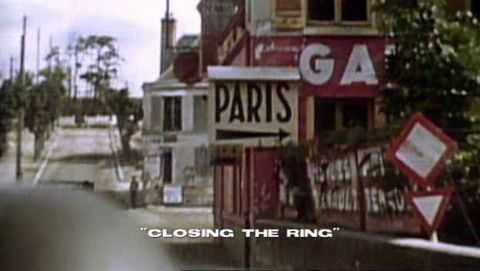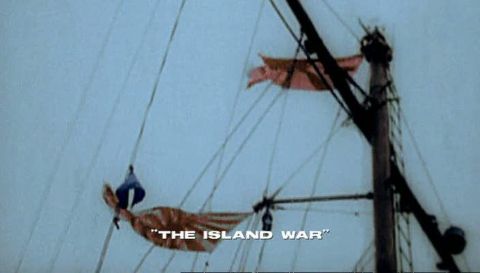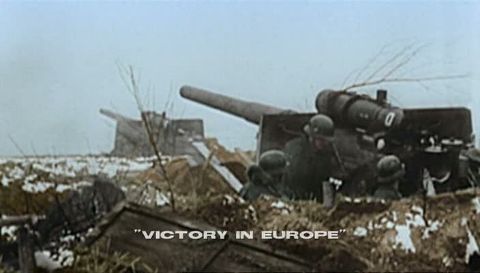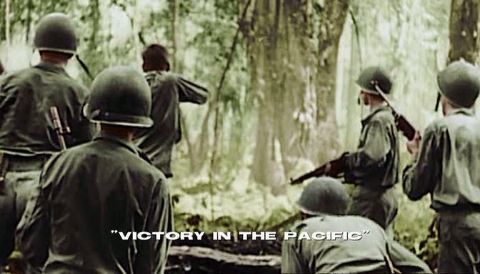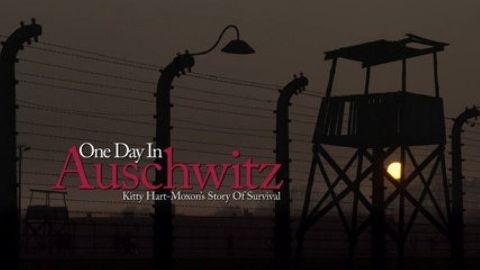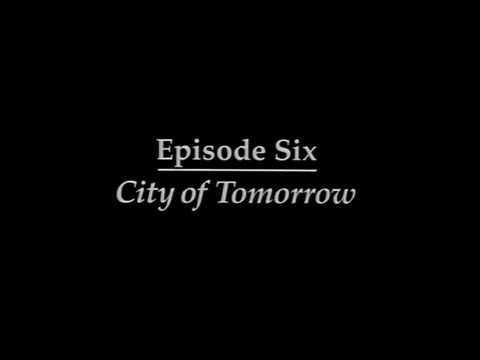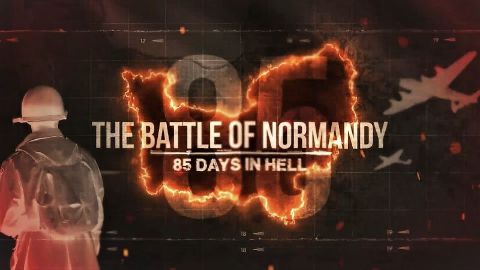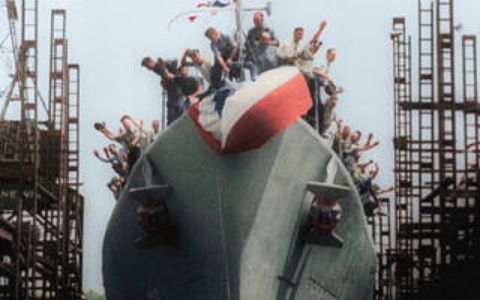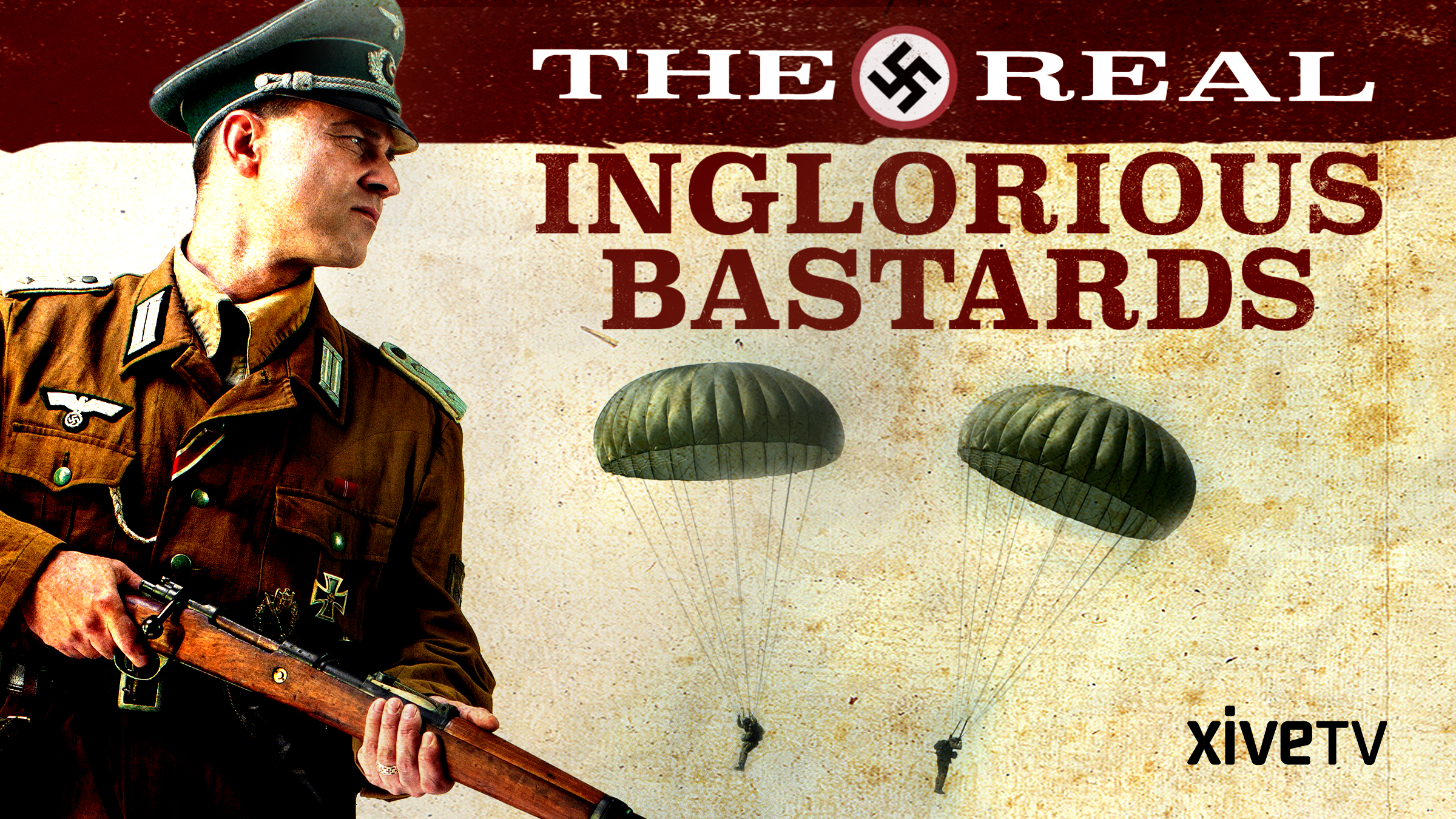Hitler Strikes East • 2009 • episode "4/13" • World War II In HD Colour
When Hitler expounded his intention to invade Russia his generals looked at him in horrified silence. The Soviet Union was vast and had matchless resources. Hitler's whole plan depended upon striking a swift and decisive knock-out blow. Get sucked into a long, drawn-out war and Germany would surely lose. Hitler was certain his forces could do it. No one had so far defeated them. But there had never been a military gamble like it... This film takes in Stalingrad and the battle of Kursk, the biggest tank battle in all history.
Make a donation
Buy a brother a hot coffee? Or a cold beer?
Hope you're finding these documentaries fascinating and eye-opening. It's just me, working hard behind the scenes to bring you this enriching content.
Running and maintaining a website like this takes time and resources. That's why I'm reaching out to you. If you appreciate what I do and would like to support my efforts, would you consider "buying me a coffee"?
Donation addresses
BTC: bc1q8ldskxh4x9qnddhcrgcun8rtvddeldm2a07r2v
ETH: 0x5CCAAA1afc5c5D814129d99277dDb5A979672116
With your donation through , you can show your appreciation and help me keep this project going. Every contribution, no matter how small, makes a significant impact. It goes directly towards covering server costs.
